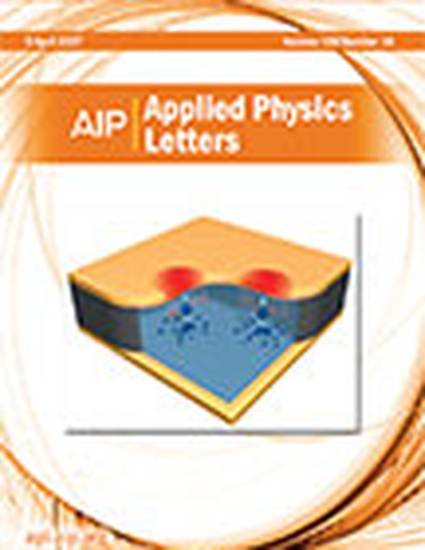
We report on the toxicity of ZnO nanoparticles (NPs) to gram-negative and gram-positive bacterial systems, Escherichia coli (E. coli) and Staphylococcus aureus (S. aureus), and primary human immune cells. ZnO NP (~13 nm) showed complete inhibition of E. coli growth at concentrations 3.4 mM, whereas growth of S. aureus was completely inhibited for 1 mM. Parallel experiments using flow cytometry based assays clearly demonstrated that growth inhibitory properties of ZnO NP were accompanied by a corresponding loss of cell viability. Identical ZnO NP had minimal effects on primary human T cell viability at concentrations toxic to both gram-negative and gram-positive bacteria. Collectively, these experiments demonstrate selectivity in the toxic nature of ZnO NP to different bacterial systems and human T lymphocytes. Developing selective toxicity to biological systems and controlling it by NP design could lead to biomedical and antibacterial applications.
Available at: http://works.bepress.com/alex_punnoose/3/
